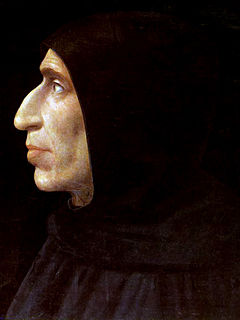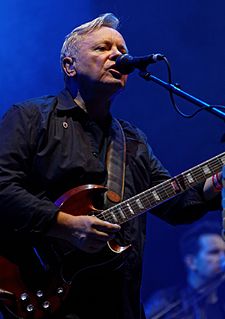A Quote by Blaise Pascal
Those we call the ancients were really new in everything.
Related Quotes
Some have narrowed their minds, and so fettered them with the chains of antiquity that not only do they refuse to speak save as the ancients spake, but they refuse to think save as the ancients thought. God speaks to us, too, and the best thoughts are those now being vouchsafed to us. We will excel the ancients!
Distance running was revered because it was indispensable; it was the way we survived and thrived and spread across the planet. You ran to eat and to avoid being eaten; you ran to find a mate and impress her, and with her you ran off to start a new life together. You had to love running, or you wouldn't live to love anything else. And like everything else we love-everything we sentimentally call our 'passions' and 'desires'-it's really an encoded ancestral necessity. We were born to run; we were born because we run.
I can't really speak to what it was like to call yourself a feminist in the past on a personal level but I think calling oneself a feminist in the past may have been inimical because feminists in the '70s were the first to really challenge deeply embedded gender roles and demand concrete political and economic rights. They were asking for rights that seemed like a direct threat to those in power - they were asking for equality in a society that didn't have it in an obvious way. They were put down and villainized because they were seen as threatening.
So if the worth of the arts were measured by the matter with which they deal, this art-which some call astronomy, others astrology, and many of the ancients the consummation of mathematics-would be by far the most outstanding. This art which is as it were the head of all the liberal arts and the one most worthy of a free man leans upon nearly all the other branches of mathe matics. Arithmetic, geometry, optics, geodesy, mechanics, and whatever others, all offer themselves in its service.









































